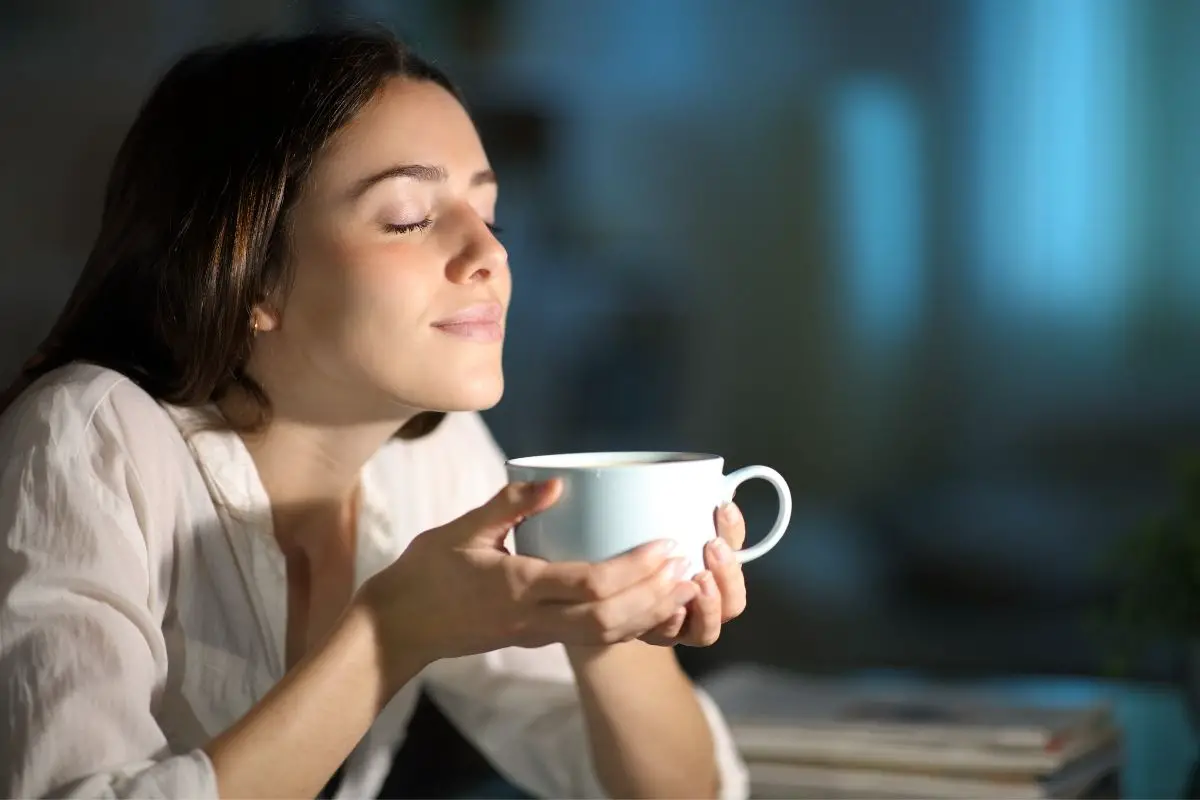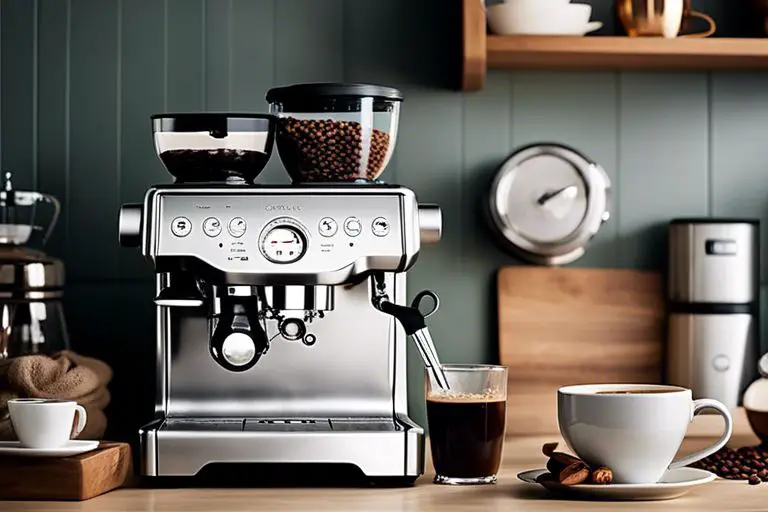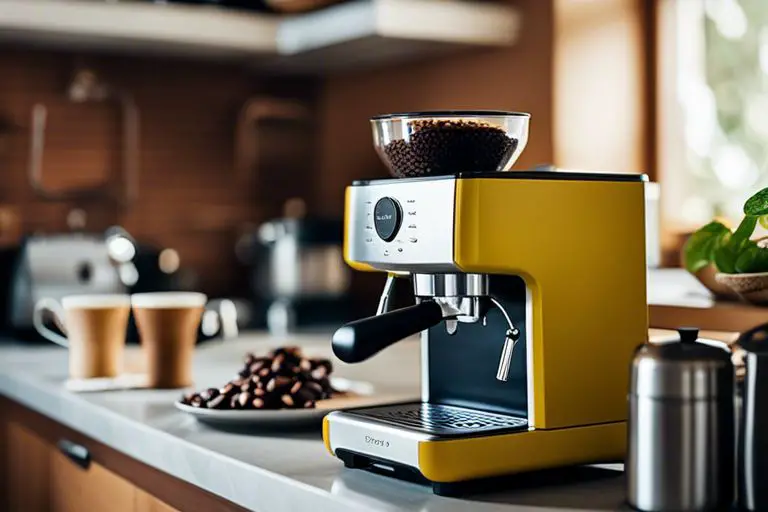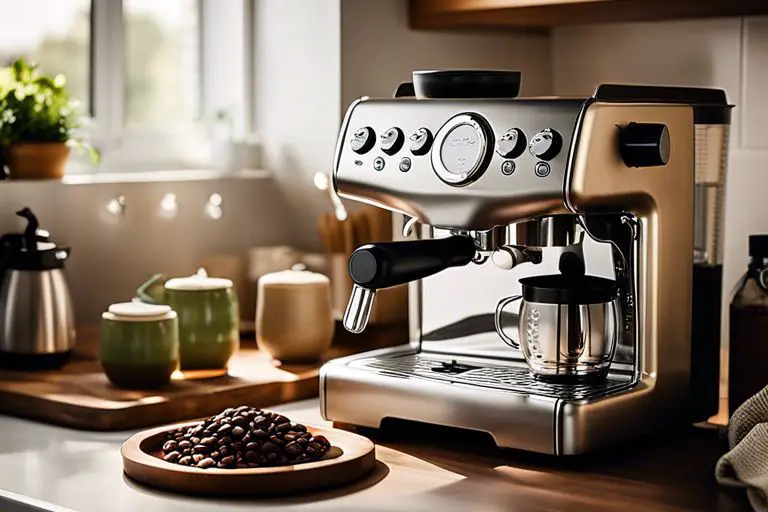If you are a fan of coffee, you may have wondered why someone prefers to drink decaffeinated coffee.
Of course, there are many perfectly reasonable reasons to opt for decaffeinated coffee – whether you are pregnant, breastfeeding, caffeine sensitive, or anxious.
You might have also had a change of heart and decided to go decaf and see how your body and mind react to it.
We have delved deeper into the health benefits of decaffeinated coffee before, so it’s time for us to move on to the next step: finding the best decaffeinated coffees for you.
Trying the right decaffeinated coffee might be a bit frustrating; one will not taste like coffee (at all!), the other one might leave an acid taste in your mouth, and the third one might be too light… reminding you of something?
We have come to your rescue with a list of 10 decafs that will make your switch to caffeine-free coffee worth it.
The process followed to turn a coffee into its decaffeinated version determines not only the amount of caffeine that’s left in it, but also its smell and taste.
Regardless of that, with processes like the Swiss water or just by having a top-quality primary source (i.e. coffee beans) and a great roaster, you can easily produce a decaffeinated coffee that will not fall far from the… coffee tree!
Taking all these factors into account, here are the best decaffeinated coffees on the market.
1. SAN FRANCISCO BAY SF Coffee Whole Bean
A decaf gourmet blend of medium to light strength, the SAN FRANCISCO BAY roast blend contains 100% Arabica beans from Central America.
If you’re a coffee connoisseur, then you understand what this means!
This blend was decaffeinated following the Natural, or as it is officially known Swiss, Water Process, so it’s 100% chemical-free.
With a strong coffee taste the same as the one you look for in a regular coffee, this decaffeinated blend also delivers notes of toasted almond, chocolate, and sweet mandarin that will leave your palate wanting more!
2. Eight O’Clock Whole Bean Coffee
With a history of more than 160 years, Eight O’Clock is without a doubt one to add to your list!
Making coffee since 1859, their whole bean decaffeinated coffee tastes just like their regular one and is guaranteed to leave a rich taste in your mouth.
Same as the SAN FRANCISCO BAY blend, this one is 100% Arabica beans. It’s got a smooth and mild taste with wine-like aromas, so if you love the smell of coffee, then this is going to be one of your favorites!
Oh, and remember that bitter, burnt aftertaste of low-quality coffees you’ve tried in the past? You can forget about that.
Roasted in their amazing facilities in Maryland, USA, this is a premium quality coffee. It’s also Kosher-certified and environmentally friendly, so that’s a 100x bonus!
3. SF Bay Coffee DECAF French Roast Compostable Coffee Pods
If you own a Keurig machine, then you’ve already tasted that plastic aftertaste that many coffee pods leave and are wondering if there’s a pod that can make a difference.
Thankfully, SAN FRANCISCO BAY is here to rescue you once again.
Apart from their ground decaffeinated coffee, they also have single-serve decaf coffee pods that are also Keurig compatible.
Following the same water process for decaffeination, these pods are a blend of Central and South America beans that taste like a match made in heaven.
The result is a dark decaf roast with a rich taste and an eco-friendly attitude. What do we mean by this?
These San Francisco Bay Coffee pods are made from plant-based materials, which make them 100% commercially compostable! In addition to that, and same as their ground beans, the pods contain 100% arabica coffee beans that are also Kosher certified.
Sent in sealed packages to keep them fresh and with all their aromas intact, your house will smell like coffee once you open them up. It will be love at first…smell!
4. Victor Allen Coffee Decaf Donut Shop Single-Serve K-Cup
Popular amongst people who self-define as “coffee snobs”, Victor Allen’s is another name you should remember.
Their decaffeinated coffee is a medium roast that is set to meet, if not exceed, your expectations of a k-cup coffee.
This decaf has a sweeter taste than most coffees you’ll find on the market and is also 100% gluten-free and non-GMO, so if you are a celiac, gluten-intolerant, or don’t want any genetically modified ingredients in your cup, this is your go-to product!
Compatible with all single-serve brewing systems, give Victor Allen’s decaf a try, and you can thank us later.
5. Seattle’s Best Coffee Decaf Portside Blend (Previously Signature Blend No. 3) Medium Roast Ground Coffee
If you’re moving from a regular coffee to decaf, then you’re having a hard time, like all of us. Seattle’s Best Coffee Decaf Portside Blend will come to your rescue and make the switch seamless!
This coffee tastes like heaven, it is full of flavor and hence delicious. We’re talking about a nice medium roast with no aftertaste that goes great with cream, milk, sugar, or any syrup you fancy.
Coming in a 12-ounce bag, this is a ground coffee you can make quickly and with great ease. All you need is ideally some cold, filtered water and a tablespoon of the Seattle Decaf. Enjoy!
6. Maxwell House The Original Roast Decaf Medium Roast Ground Coffee
Coming in a resealable canister to make sure all the flavors and smells are kept for as long as possible; Maxwell House has its Original Roast Decaf to satisfy the coffee lovers who want to go caffeine-free.
If you’re used to buying specialty coffee brands and are looking for something more affordable but without wanting to sacrifice the taste for money, this is a perfect choice.
This coffee is a medium roast that is bold, dark, and just perfectly balanced.
Unlike the previous coffee brands that were made from 100% real Arabica, Maxwell House’s decaffeinated coffee is a blend of 100% Arabica and Robusta beans to give this coffee some extra bonus points.
It is also Kosher certified and ideal for brewers with an automatic drip – we call that a win-win!
7. New England Coffee Colombian Decaffeinated Medium Roast Ground Coffee
Another brand with a long history, New England Coffee has been on the market for more than 100 years and is justifiably considered one of the best in the coffee niche.
If you’ve ever tried their regular coffee, then you’ve already assumed that their decaf would be nothing less than perfect.
Their Colombian decaffeinated coffee is, of course, from 100% Arabica coffee beans.
What is great about New England’s decaf is that it is roasted in small batches to ensure that the final product will be well-balanced and as if it was custom-roasted for each customer.
This is a premium quality coffee from Excelso beans, rich in aromas and gluten-free for anyone who has some additional dietary requirements.
Like most coffees on our list, it is Kosher certified too. This is a coffee you will never get enough of, and if you do, here’s the best part: you can always try a new flavor as it comes in many ones!
8. Green Mountain Coffee Roasters Decaf Breakfast Blend, Single-Serve Keurig K-Cup Pods, Light Roast Coffee
Back to the K-cup coffee pods for our last three spots on this list.
Green Mountain Coffee Roasters have their own decaf breakfast blend for a morning caffeine-free treat.
With a robust taste that is consistent throughout each of the package’s pods, Green Mountain’s decaf is an affordable choice that will not disappoint you.
The brand itself is committed to sustainability and its coffee is 100% responsibly sourced.
It also ticks all the boxes on your list: 100% from Arabica beans, Kosher certified, with a balanced taste and a great quality.
9. McCafe Decaf Premium Medium Roast K-Cup Coffee Pods
You might be surprised by this recommendation, but the decaffeinated coffee of McCafé is as affordable as it is tasty.
Another medium roast on our list, this blend is, guess what, made from 100% Arabica beans and is Kosher certified.
The McCafé K-Cup pods are recyclable and made from 100% responsibly sourced coffee to promote sustainability and better the lives of coffee farmers.
And these coffee farmers really care about their beans, and this coffee’s rich taste proves that.
Temperature is one of the major factors that need to be controlled during the roasting process, and this coffee is roasted in environments where the workers make sure that it is carefully controlled.
This way they can guarantee a balanced, smooth, and strong taste with no bitterness for each and every order and each and every package.
10. The Original Donut Shop Decaf Keurig Single-Serve K-Cup Pods, Medium Roast Coffee
We keep talking about balance and this last recommendation of ours just hits the spot. Not too light, not too strong, full-bodied, fresh. Simply delicious!
The Original Donut Shop decaf single-serve K-cup pods are last, but not least, in this list of the best decaffeinated coffees.
If you think of coffee the moment you wake up, these pods will have you looking forward to the next morning’s cup of hot coffee.
Kosher certified, 100% responsibly sourced, and kept in recyclable pods.
This decaf is a medium roast with a bold taste that will make it hard for you to realize that it is decaffeinated – it tastes just like a regular coffee!
Buyers’ Guide And Frequently Asked Questions
Is Decaf Coffee As Good As Regular Coffee?
The only difference between regular coffee and decaffeinated is that decaf coffee only contains a tiny amount of caffeine.
For people whose bodies and minds seem to be affected negatively by the effects of caffeine, drinking decaffeinated coffees is a great solution to their problems, especially when they can’t say no to a warm cup of coffee.
Other than that, when the process of decaffeination is followed correctly, and the equipment needed for that is of good quality, then decaffeinated blends do taste just as great as their original caffeinated versions.
Therefore, we can safely say that yes, decaf coffee is as good (if not sometimes better) as regular coffee.
And if you want to find the best ones, now you have 10 different ones to add to your shopping list!
Should I Choose Decaffeinated Coffee Over Regular Coffee?
Whether decaffeinated coffee is best for you is entirely up to you to decide. But if you want to give it a try, this article has the 10 best options for you out there.
You should also know that researchers are now working to breed coffee plants that have up to 98% less caffeine – which is a sign that there is demand for that and that people are indeed opting for decaffeinated coffee over the regular blends.
However, the production of these plants seems to take some more years until it goes on the market.
How Is Decaffeinated Coffee Made?
You probably know that regular coffee is made by roasting and grinding coffee beans. The decaf production process, however, involves one or two additional steps.
There are three basic ways to remove caffeine from coffee:
· The Swiss water process, which uses a charcoal filter to remove caffeine.
· The addition (and subsequent removal) of liquid carbon dioxide, which dissolves the caffeine.
· The addition (and subsequent removal) of dichloromethane (a chemical used in paint removers) or ethyl acetate (a chemical used to remove glue and nails), which also dissolve caffeine.
Are you worried about the last two chemicals? According to the US Food and Drug Administration, they are safe to use and obviously leave no residue, so take a sip and don’t worry about that!
Is A Certain Type Of Decaffeinated Better?
A short answer would be: no.
Over the years, there have been concerns about the use of methylene chloride in the processing of coffee, because studies had found that this chemical had caused cancer in experimental animals when inhaled (for this reason it was banned in hair sprays).
But there was no carcinogenic effect when they drank it.
In any case, there is no indication of any danger to humans with decaffeinated consumption.
In fact, many companies use the methylene chloride method because consumers tend to prefer the taste to decaffeinated in other processes.
How Much Caffeine Does Decaffeinated Coffee Contain?
To set things straight, decaffeinated coffee is the same as regular coffee, with the only difference being the fact that caffeine has been removed to some extent.
As with regular coffee, the caffeine levels in a decaf cup can vary. Therefore, most decaf cups of coffee contain little caffeine.
However, there are some standards set that discern regular coffees from decaffeinated ones.
For a coffee to fall under the “decaf” category, 97% of its caffeine must have been removed. This leaves about 5 mg of caffeine, compared to the 100-150 mg contained in about 170 grams of coffee.
More Frequently Asked Questions
Is Decaffeinated Coffee Healthy?
Is decaf coffee bad for you? Like all coffee, decaffeinated coffee is safe for consumption and can be part of a healthy diet.
If you are wondering whether the decaffeination process itself is safe, the answer is yes.
Why You Should Not Drink Decaf Coffee
It can produce headaches, disorientation, nausea, vomiting, dizziness, and exhaustion at larger dosages, and it has been linked to lung and liver cancer in certain animals.
The FDA, on the other hand, ruled in 1999 that the trace levels in decaf coffee are too weak to have any impact on people’s health.
Last update on 2025-08-01 / Affiliate links / Images from Amazon Product Advertising API




